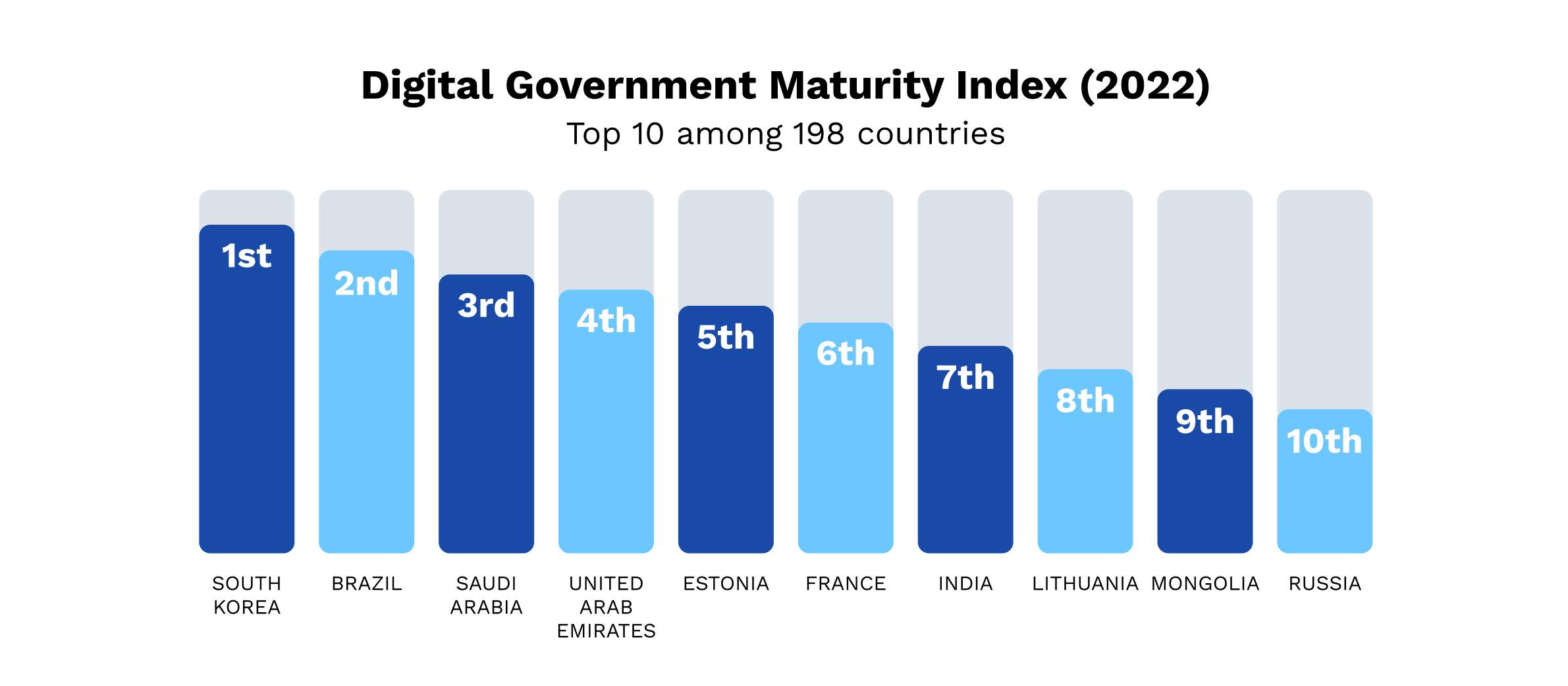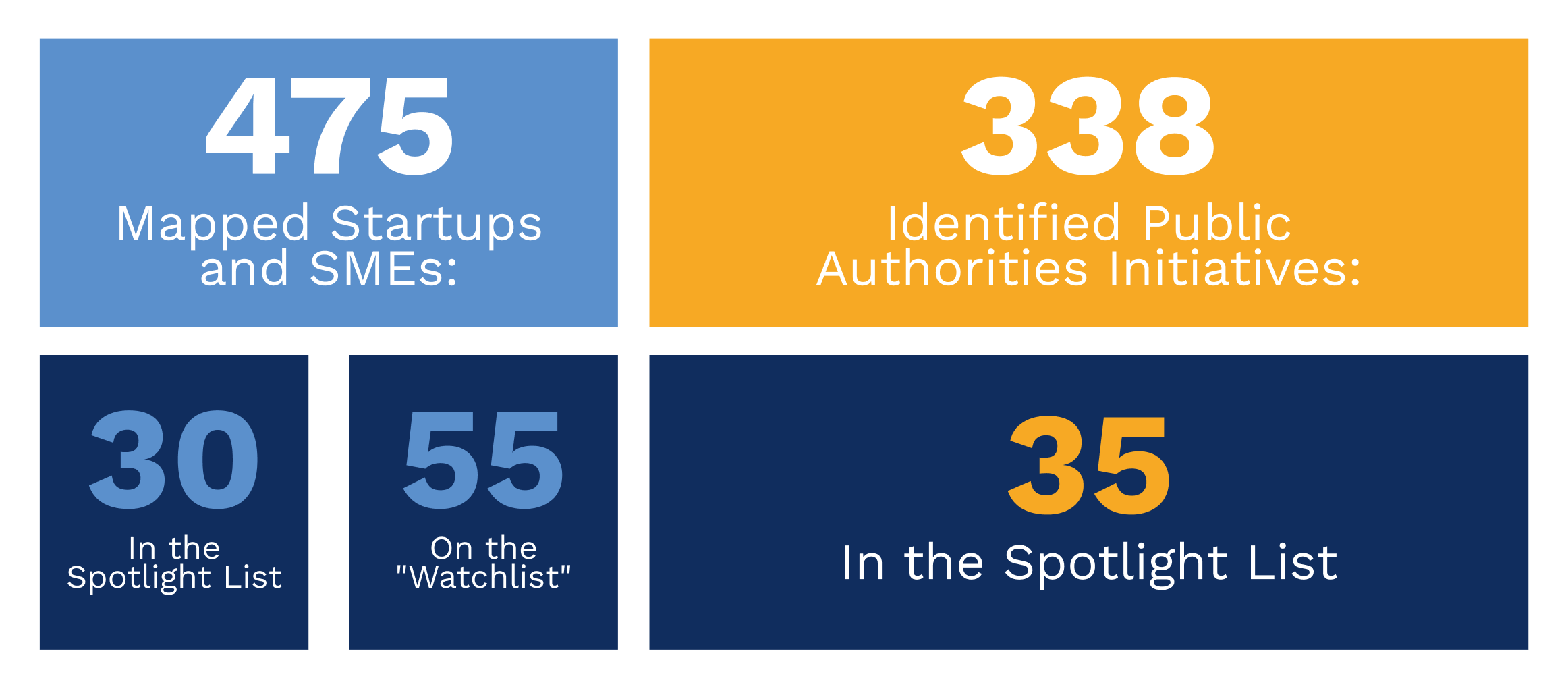Imagine a restless night of sleep. In the middle of the turning right, turning left, your subconscious dives into a moment like a movie. Passport, ID card, driver’s license are gone. Voter ID… forget about it. Military enlistment documents?!?  ! And you need all these documents, and some more, to buy the ideal house or that machine that accelerates from 0 to 100 km/h in 7 seconds. Did you imagine? Well then… ! And you need all these documents, and some more, to buy the ideal house or that machine that accelerates from 0 to 100 km/h in 7 seconds. Did you imagine? Well then… Now, let’s get the second copy of all that stuff up there. What do you think about that? It is precisely at this magical moment that the door to chaos has the higher chances of opening. I am talking about passwords, a line, another line, a bank slip, a receipt, a photocopy – when not authenticated – until you reach nirvana. What is it? Getting served. But at the counter you might find someone in a bad mood. And without even raising an eyebrow, the question: Form? Did you bring it?!? It is in this exact fraction of a second that the terror settles. Hands start to get wet involuntarily. Drops of sweat cover the furrowed brow. And the butterflies in the stomach announce: welcome to the wonderful world of bureaucracy. But calm down… It was just a little nightmare. A free sample of the Cost of Brazil. |
|
Editor’s Note: Hello, government officials, especially elected mayors, concessionaires, large corporations, we are counting on you to make sure this doesn’t become more than a summer dream. |
|
|
After all, today we have GovTechs, startups interested in revolutionizing citizen service for various public figures in the country. And, we will clarify any misunderstandings about the nomenclature in the glossary below. |
|
Glossary: GovTech does not only serve governments. Be it municipal, state or federal. It also serves. As well as private companies that deal with large contingents, it is available to deliver public services. In other words, mass public services. And it doesn’t matter if they are private companies, government companies or mixed capital companies. |
|
|
Having made the clarification, let’s continue. GovTechs have, in fact, been promoting a silent revolution in Brazilian public management, helping to reduce bureaucracy in government agencies, reinforcing transparency, controlling resources, and bringing efficiency. Want an example? Citizen-city Hall relationship portal. Want another? Management of sociocultural projects. Another one? One more… Management of bids and sales for the government. |
|
 |
User accessing the platform via the app (illustrative image). |
|
Ok, we know that when it comes to using public services it is often difficult, we can’t always resolve things online or on an app. But let’s look at the positive side, my dearest friend. There are important advances underway. Doubts? So, grab a pencil and paper… Okay, okay, you can take out your favorite electronic device and let’s go: did you know that Brazil is the second country with the highest maturity in digital public services in the world, behind only South Korea? Yes! That’s right! According to the GovTech Maturity Index 2022 Report, released by the World Bank in 2024 and which assesses the stage of digital transformation of public services in 198 countries, Brazil made the greatest progress among all the nations analyzed, rising from fifth to second place. |
|
 |
Digital Government Rankings (Source: GovTech Maturity Index 2022 Report). |
|
In this study, the World Bank takes into account three factors: each country’s performance in digital transformation, citizen-centered public services, and efficiency of government systems. For the Brazilian Ministry of Economy, the country’s performance in the ranking is due, in addition to the existence of services such as digital vaccination certificates and digital traffic and work cards, to several other systems that can be accessed via the internet. This is the case, for example, of the Unified Selection System (SISU), the Student Financing Fund (FIES) and the National High School Exam (ENEM). Did you like it? There’s more. More details. The number of Brazilian GovTech startups has grown six times in four years! 6 TIMES in 4 YEARS. According to the GovTech Map – Brazil 2024, developed by the innovation hub BrazilLab and Oracle, based on data from 2022 and 2023, most initiatives are related to the Executive Branch (55.92%), followed by the Judiciary (33.34%) and, lastly, the Legislative Branch (3.85%). The study identified 475 startups and Small and Medium Enterprises (SMEs) operating in the public management segment in Brazil, in addition to 338 innovation initiatives by the Public Authorities. |
|
 |
Number of startups, SMEs, and GovTech initiatives. (Image: Retrieved from GovTech Map – Brazil 2024) |
|
The work highlights “the enormous potential of this market” and the growing digitalization of public services, accelerated by the Covid-19 pandemic. And all of this has caught the attention of investors, who “believe that the profitability of the GovTech ecosystem may be higher than that of other types of investments”. With an eye on these opportunities, there are already funds specifically aimed at this segment, “making the lack of investment no longer one of the main barriers faced by GovTech startups”, argues the study. The World Bank survey also highlights that, “in a pioneering initiative, KPTL and Cedro Capital, two Venture Capital managers, launched the GovTech Fund in 2021. This is the first investment fund in Latin America entirely dedicated to the govtech segment and the second in the world, only after the American GovTech Fund”. Fancy, right?!? Very fancy!!! The largest fund in Latin America focused on startups with solutions for the public sector, this initiative has raised more than BRL 50 million and has among its shareholders Positivo Tecnologia, Grupo Multi, VIPH, Kimak and development agencies such as AgeRio, Badesul and Goiás Fomento. It had its first exit in October of this year, with the sale of Augen Engenharia to Biosolvit. The GovTech Fund’s thesis covers ten verticals — health, education, security, housing and urban planning, infrastructure and mobility, sanitation, environment and civil defense, smart cities, legal and regulatory, citizenship and public management. And the most recent rounds included investments in Prosas, Colab and StartGi. |
|
|
Founded in 2015, Prosas is a platform specialized in the selection and monitoring of sociocultural projects. Through this system, companies and governments that sponsor projects can organize the entire process in one place, providing transparency and agility in the selection of these plans, in addition to monitoring operational and financial execution and the impacts achieved. Based in Belo Horizonte (MG) and led by Thiago Alvim, the startup has already managed more than 1,500 public notices, receiving around 185,000 requests for support throughout its history. The contribution from the GovTech Fund has been used to deepen the offer of solutions and accelerate the commercial strategy. |
|
According to Alvim, Prosas was created to solve a headache faced by large companies that make social investments. “In a continental country like ours, organizing social investment processes through public notices allows for greater transparency and efficiency, opening up opportunities for thousands of organizations and social entrepreneurs in the country to access resources offered by large social sponsors,” he says. |
|
|  | Thiago Alvim, Co-founder and Executive Director of Prosas. (Photo: Courtesy) |
|
|
|
|
|
|
|
|
|
|
|
Over time, the startup realized that public notices alone would not be enough to meet all demands. Thus, Banco de Incentivados Prosa (BIP) was born, a bank of projects already approved under incentive laws. Currently, more than 2,800 initiatives eligible to raise funds are available on the platform. The business’s evolution also showed that public management also faces the same problems and deserves attention. “That’s why, starting in 2020, we shifted the focus of our commercial strategy to public organizations,” says Alvim, highlighting as clients in this area the National Arts Foundation, Palmares Foundation, the Government of Mato Grosso do Sul and the cultural departments of the State of Maranhão and cities such as Palmas and Manaus. Colab, in turn, was created to connect citizens to city governments with the aim of solving problems in cities. Do you want to pay your property tax? Enroll in daycare? Check your vaccination card? All of this can be done through the startup’s app or chatbot. And that’s not all: the company also helps governments organize data, improve reports and even promote public consultations. |
|
Founded in 2013, Colab has around 50 employees, mainly in the areas of technology and public management. With over 100 city halls and governments as clients, the startup has over a million citizens registered on its app, as well as 4,500 active city hall employees and 730,000 processes processed on its platform. “We are a one-stop shop for city halls, with experts in public management,” says Gustavo Maia, CEO of Colab. |
|
|  | Gustavo Maia, CEO of Colab. (Photo: Courtesy) |
|
|
|
|
|
|
|
|
|
|
|
One of Colab’s greatest case of success is with the city hall of Santo André, in Greater São Paulo (SP). The company developed a multichannel platform for the city to digitize around 500 municipal public services, internal processes and communication between the administration and the population. Through the project, Santo André residents now have access to a service portal, an app and a WhatsApp channel to resolve issues such as enrolling in daycare centers, scheduling vaccinations, issuing second copies of property tax (IPTU) and even issuing parking cards for senior citizens. |
|
 |
|
|
Besides solving a series of everyday situations for people in cities, GovTechs can also operate in the area of public procurement – which, by the way, is more than welcome, it is necessary! The Public Procurement Portal was created precisely to work on this issue. The startup developed a bidding marketplace that brings together city halls and the private sector. In short, it works like a Tinder for public procurement, promoting matches between city halls and suppliers. Founded in 2016 by brothers Leonardo and Bruno Ladeira, the company estimates that it has already provided savings of BRL 20 billion for public agencies in bidding processes. Through the platform, 180 employees serve 4.2 thousand buyers, including three thousand municipalities, that is, 60% of the cities, involving a total of 550 thousand registered suppliers, who participate in around 11.5 thousand business opportunities every day on the platform and move around BRL 390 million daily. More than BRL 100 billion per year. According to the business model, the platform is free for public agencies, but companies that use the service pay a subscription fee of BRL 149 per month. |
|
According to Leonardo Ladeira, the Public Procurement Portal helps simplify and provide transparency to the public procurement process. “Since this process is extremely regulated and highly bureaucratic, translating legislation into business rules means, in practice, simplifying compliance with the procedures provided for in the law by its actors (whether they are buyers or suppliers), presenting the next steps in each stage of the process and guiding the actions of the actors precisely within these flows and their variations”, he states. |
|
|  | Leonardo Ladeira, CEO of the Public Procurement Portal. (Photo: Courtesy) |
|
|
|
|
|
|
|
|
|
|
|
“This, combined with qualified multichannel support, allows us to reduce deadlines, minimize errors arising from insufficient training of the actors – present and real on both sides of this counter – and, ultimately, simplify the effort associated with providing essential products and services to the portion of the national population that we represent”. For him, technology plays an essential role in providing transparency to the actions of public bodies. This difficulty, in fact, often leads the population to a perception, often unjustified, that they are being manipulated, says Ladeira. That is why it is important to “handle open data mechanisms, allow third parties to have access to raw data, whether from budgets, budget execution, contracts or even stocks and warehouses, among others, thus enabling access to the population for external critical analysis”. Among the cases of success of the Public Procurement Portal is Porto Alegre (RS), in a partnership that has been in place since 2016. The largest buyer within the platform, the city hall of the capital of Rio Grande do Sul, holds 600 auctions per year, with an average savings of 22% in the prices obtained in transactions. Another company that is doing very well, and thanks for asking, in the world of public procurement is StartGI. Founded in São Paulo (SP) in 2015, the company invested in by the GovTech Fund specializes in bidding solutions, facilitating the complex journey of selling to the public sector. Okay, but how does it do this? StartGi has a range of solutions, from iGanhei, a bidding platform aimed primarily at companies that participate in a large number of public notices, to iDocumentei, which handles document management, to iPesquisei, for companies that want to gain in-depth knowledge of a specific public procurement market. |
|
“Selling to the public sector has a series of complexities and requires high levels of governance, which are difficult to meet. StartGi has been successfully addressing this challenge,” says Adriano Pitoli, Head of the GovTech Fund. StartGi recently received investments from KPTL, through its GovTech Fund – managed in partnership with Cedro Capital. With the funds, StartGi plans to accelerate its growth, focusing on hiring new talents for the technology, sales and marketing areas. |
|
|  | Adriano Pitoli, Head of the GovTech Fund at KPTL. (Photo: Courtesy) |
|
|
|
|
|
|
|
|
|
|
|
“It came at the right time. We are excited because it will bring muscle to the company, in addition to market knowledge, reputation and multiple connections. The money will bring cash flow comfort, but the intelligence offered by the Fund is the most important. Until now, we have been very shy, better known by our clients. This visibility will be very important for us,” says Juliano Montesino Caldeira, CEO and founder of StartGi. |
|
|  | Juliano Montesino Caldeira, CEO and Founder of StartGi. (Photo: Courtesy) |
|
|
|
|
|
|
|
|
|
|
|
|
Despite the advances in the digital transformation of public services in the country, this evolution is driven mainly by the federal government, which promoted this process based mainly on its own programs. In order to replicate the advances at the municipal level, GovTechs are essential. You can imagine why, right? There are 5,570 municipalities in the country, with very different realities. As explained by Juliana Sakai, executive director of Transparência Brasil, an NGO specialized in monitoring the public sector, most municipalities have a relatively modest structure, with limited budgets and employees who receive less than those at the state and federal levels. “Municipal public employees who are responsible for transparency can accumulate several other functions, limiting their ability to act,” she says. Using this public data, not only the government, but also civil society itself can create data visualizations and conduct analyses, surveys and reports that can compare bidding costs over the years. “But, in general, many municipalities only share documents on contracts, and not the open and organized data that makes these analyses possible,” says Juliana (read more in the 3 Questions section). As you can see, there is a lot of progress, but also challenges. And GovTechs are here to give that little push to the general digitalization of public management, at all levels, but mainly in municipal services, providing transparency and efficiency. And, looking to the future, one thing is certain: startups in this sector are not a fad. They are here to stay and transform the way governments interact with citizens. Whether through chatbots that resolve issues via cell phone or through platforms that democratize access to social resources, the fact is that innovation is advancing in public management, which places Brazil as one of the protagonists in the sector. In other words, the public management of the future has already begun – and is just a click away. |
|
|
“The best government is the one in which there are the fewest useless men.” Voltaire |
|
 |
|
Juliana SakaiExecutive director of the anti-corruption NGO Transparência Brasil, graduated in international relations from the Universidade de São Paulo (University of São Paulo) and master in political sciences from Leuphana Universität, in Lüneburg (Germany). |
|
 |
|
1) What are the main challenges that Brazilian municipalities face in implementing more effective and transparent public management practices? What needs to be improved? |
|
The municipal public service has less structure than the state and federal levels, that is, it has a limited public budget, and its civil servants receive less than federal employees. Thus, municipal civil servants who are responsible for transparency can accumulate several other functions, limiting their ability to act. Even so, the federal government provides a series of technological resources that the municipality can use, without having to build or hire a supplier for this. This is the case, for example, of the Electronic Citizen Information System (e-SIC). |
|
2) Apparently, the digital information platforms available for society to monitor public administration at the federal level (.gov) are more developed, compared to municipalities, which have very different realities. Is this perception correct? How can technology be used to give society greater control over municipal management? |
|
The biggest bottleneck between the federal and municipal governments is not technology itself, because data portals are not that difficult to implement. The problem lies in producing quality data. If a government has the capacity to produce good data, say on public contracts, all it needs is a public repository to make tables available to citizens who know how to use spreadsheets. Using this public data, not only the government, but also civil society itself can create data visualizations and conduct analyses, surveys and reports that can compare bidding costs over the years. However, in general, many municipalities only share documents on contracts, and not the open and organized data that makes these analyses possible. |
|
3) You and Transparência Brasil have been involved in discussions on the regulation of Artificial Intelligence in Brazil. What is your view on the potential and risks of using Artificial Intelligence (AI) in public management? |
|
Technology exists to serve people, and it is with this guideline that the use of AI and other technologies should happen. There is great potential for the use of AI to speed up some processes in public management, such as process screening, document analysis, etc. Transparência Brasil mapped several tools at the federal level in 2020/2021 and pointed out a series of risks in the use of these tools, which involve risks to data protection, freedom of expression through surveillance technologies, risks of algorithmic racism, among others. An alarming fact was that only half of the mapped tools had an accuracy indicator, that is, in half of the cases a public servant was relying on the results of a technology to make decisions on public policies, but without knowing whether the technology works well or not. This is why it is essential that public servants are well trained to interact with Artificial Intelligence systems in a critical manner. |
|













